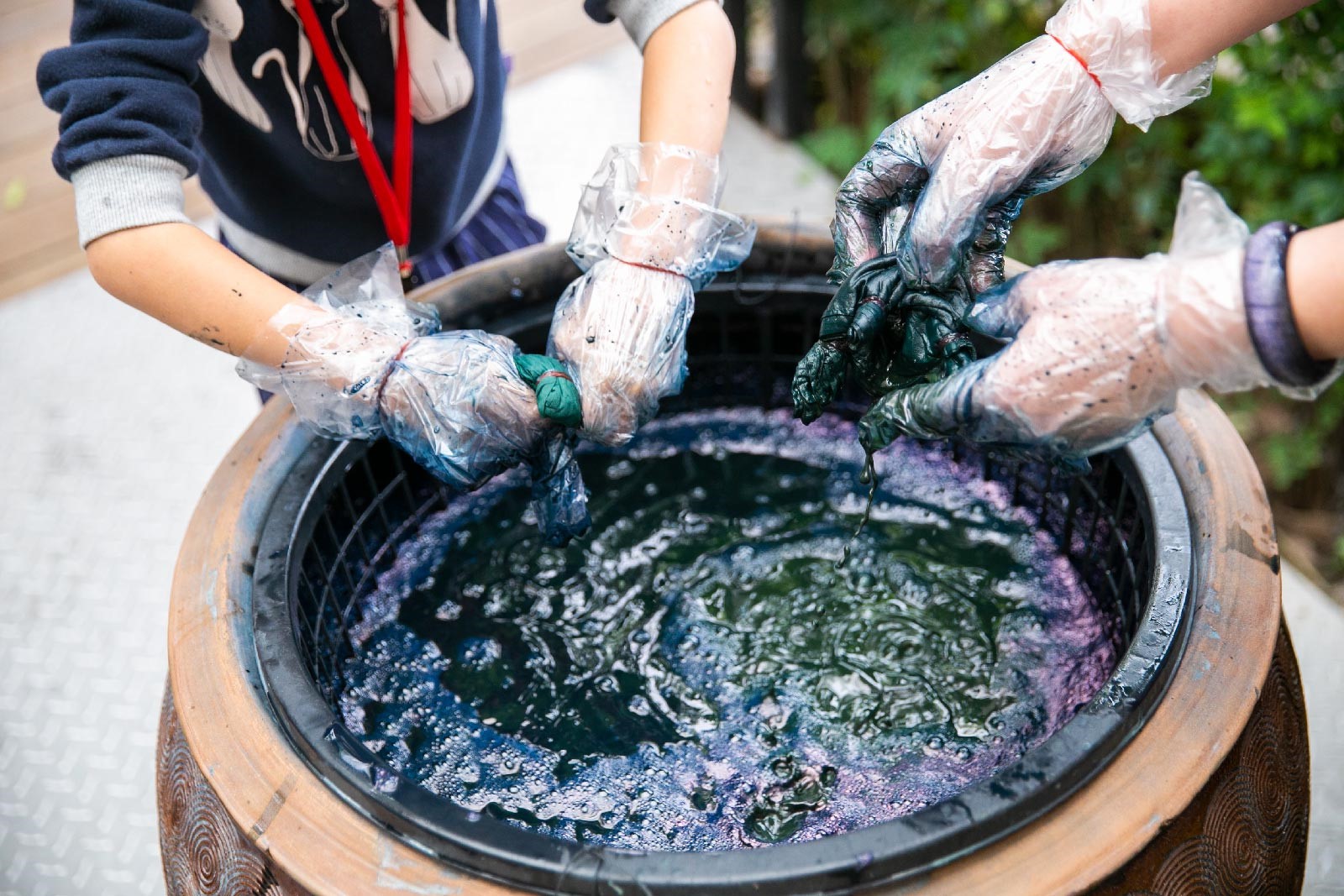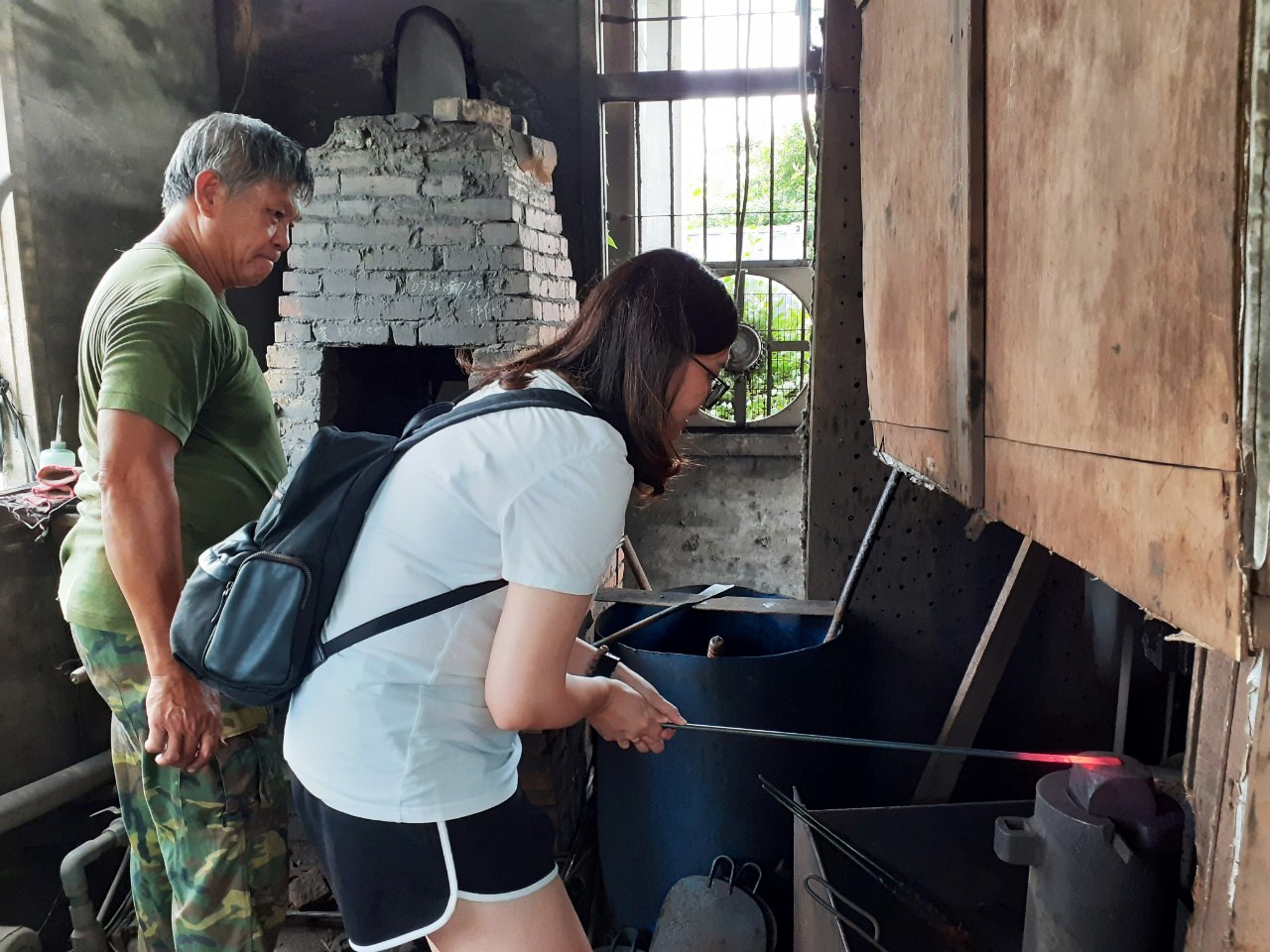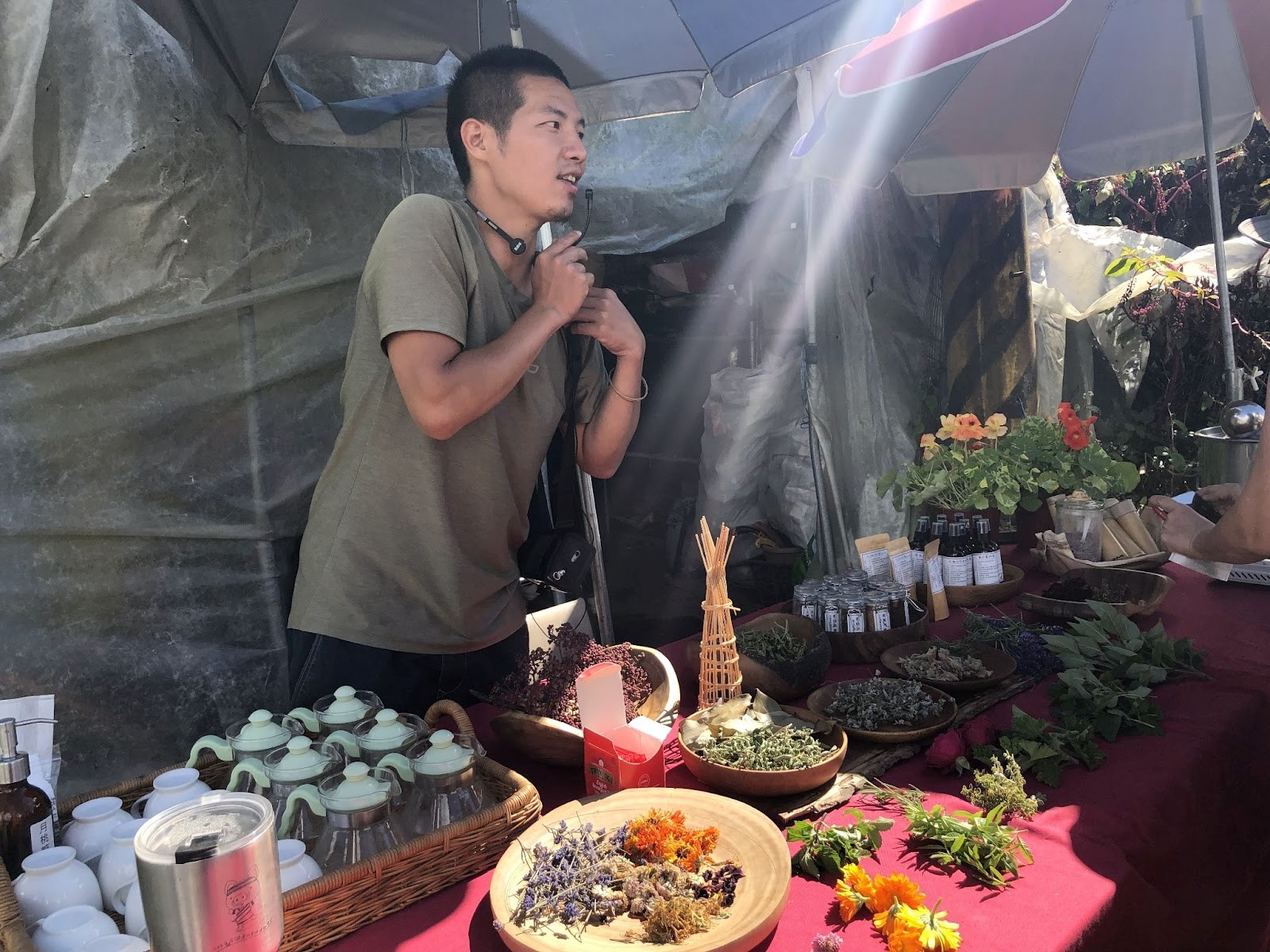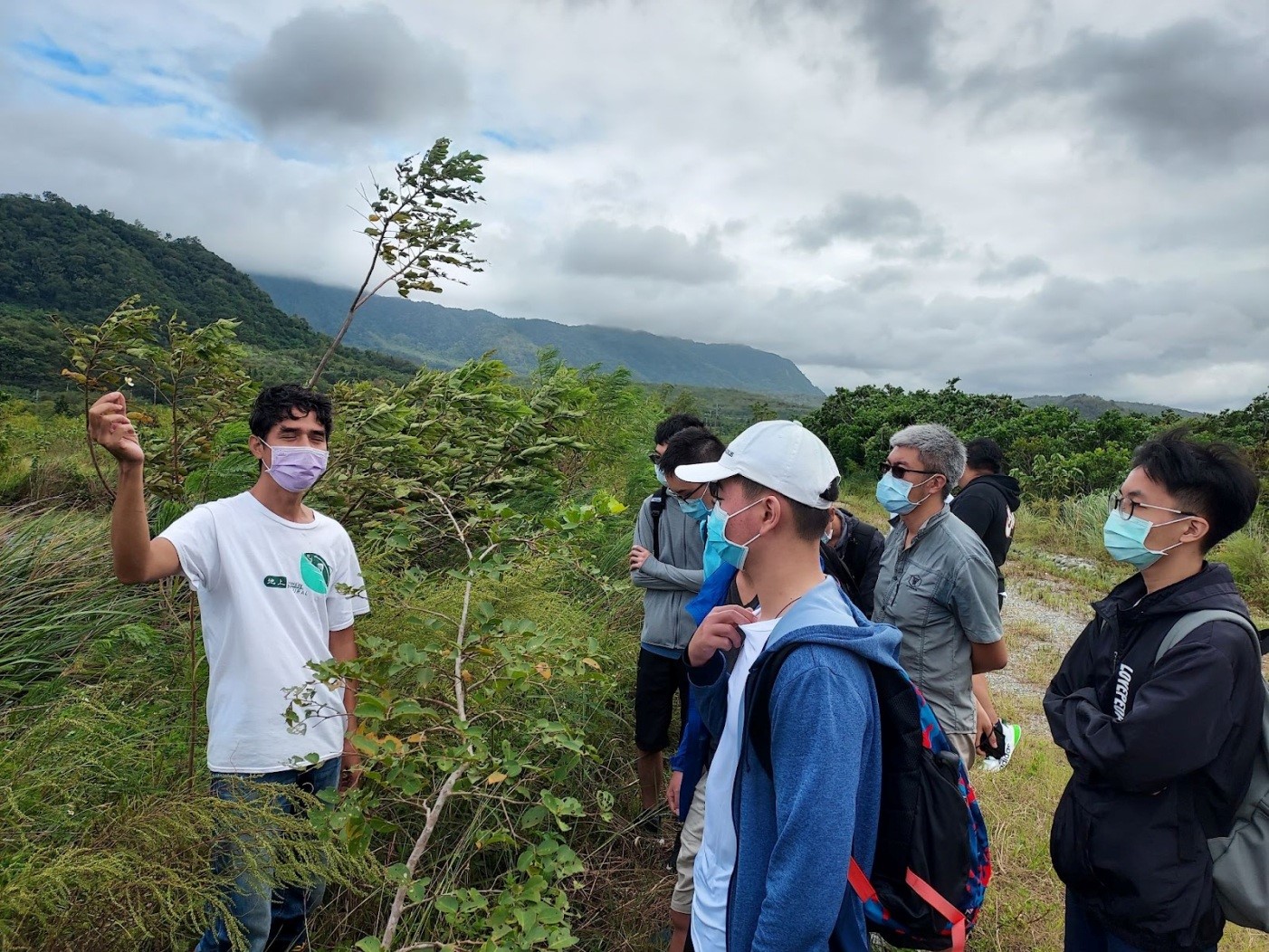In order to encourage youths to return to their hometown and promote transformation of local communities, the Youth Development Administration, MOE, has proposed a series of lessons that display creative transformation of traditional industries in Taiwan across the 25 learning youth hubs. With the theme of knowing traditional industries, learning local craftsmanship, and promoting exchange between communities, the youth hubs are going to bring the youngsters to learn how to combine these traditional industries with innovations through new interpretation and methods, thereby passing down our heritages and establishing cross-generational relationship with the locals.
The “Local Traditional Industry Workshop” of YouthBanana aims at cultivating the youths’ ability of transforming traditional industries into innovative economy. They lead the students to a small town in Cishan, Kaohsiung to see their glorious days in the past and the unique methodologies of their industries. Aside from gaining practical experience in blacksmithing, the students can also interact with the traditional industries in farming villages, which in turn shall enable them to formulate some new ideas for farm life through a new vision and creative thinking.
Centering on potted flower, Puli Good Rice proposes the lesson of “Extracting Local Fragrance: Herb Distillation and Fragrance Production,” in which the students can learn the rise and fall of potted flower industry in Taiwan and further explore its direction of transformation. By researching the added values of the products, they can re-discover the local herb resources in Taiwan, adjust existing production and sale models, and gradually find the way to make a new model for the industry.
Cikowa’ay Natural extends its care on the agriculture, and the lesson of “Incorporating the Alien Species – Reuse of Pathway Trees” raises the students’ awareness and concern towards environment and alien species. While learning the challenges of native species in Taiwan, they can also think about the possibilities of reusing alien species for other purposes other than removing them. By processing these alien trees into daily necessities such as chopsticks, we give them a new destiny and draw the attention of people towards the land and the environment.
If students like to make things by their own hands, they shall not miss the “Capability of Planning Local Craftsmanship Transformation” initiated by Culture Art and Nature Co., Ltd. They specifically invite the blue dyers in Sanxia, who, through the recreation of blue dyeing, showcase how to instill traditional craftsmanship into our daily lives. Students can not only harvest Assam indigo but also experience the process of blue dyeing as well as further think how to incorporate local features into creative designs, thereby creating more possibilities.
This series of lessons themed with “change and transformation” is not only an opportunity, but also the evolution of ideas. Students can find their way of development and rebuild their inner connection with their hometown.
If you also want to transform your community but don’t know where to start, we welcome you to sign up at our website (https://changemaker.yda.gov.tw/Lesson) with a payment of deposit of NT$500 (returned after completion of the lessons). Let us inspire your imagination for possibilities at the local, so that you can write down a new chapter of you and your hometown!

Culture Art and Nature Co., Ltd.: Lecturers lead the students to experience the charm of making dyes and tie-dyes.

YouthBanana: Visiting the traditional studio on Cishan Old Street and the daily practices of the blacksmith.

Puli Good Rice: Knowing native herbs in Taiwan, exploring the process of making fragrance, and figuring out how to develop products with commercial potential.

Cikowa’ay Natural: Learning to identify the differences between native and alien species in field trips and knowing the methods of reusing alien species.